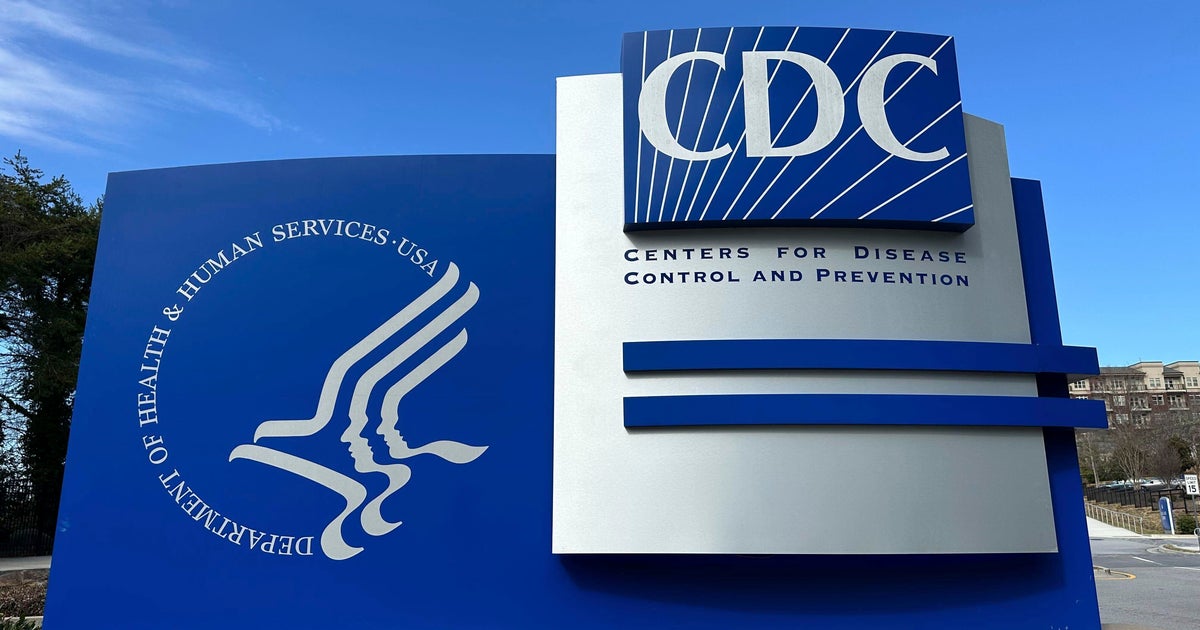
A Centers for Disease Control and Prevention official who led the agency’s network to study hospitalization trends from infectious diseases like COVID-19 has resigned in protest following Health and Human Services Secretary Robert F. Kennedy Jr.’s orders to change the agency’s vaccine recommendations and the committee that makes them.
Dr. Fiona Havers’ last day at the CDC was Monday, according to an announcement sent by an agency official to her branch within the agency’s Coronavirus and Other Respiratory Viruses Division. They received the notice shortly after Reuters first reported on the resignation.
“I no longer have confidence that these data will be used objectively or evaluated with appropriate scientific rigor to make evidence-based vaccine policy decisions,” Havers wrote in an email sent to colleagues before the announcement.
An infectious disease researcher who has worked with Havers, and received her email voicing concerns with how the data would be used, described the resignation as the latest in the “dismantling” of the agency’s expertise.
“It’s a big loss to the CDC,” the researcher, who spoke on the condition of anonymity, told CBS News.
CBS News sent a request for comment to the CDC about the concerns that Havers expressed, but did not hear back from the agency’s spokesperson. Instead, a spokesperson for the Department of Health and Human Services responded.
“Under Secretary Kennedy’s leadership, HHS is committed to following the gold standard of scientific integrity. Vaccine policy decisions will be based on objective data, transparent analysis, and evidence – not conflicts of interest or industry influence,” Emily Hilliard, the department spokesperson, said in an email.
Havers had led the CDC’s Respiratory Virus Hospitalization Surveillance Network, or RESP-NET, that collects and studies trends in hospitalizations from COVID-19, RSV and influenza. Her presentations of RESP-NET’s findings have figured prominently into past meetings of the agency’s Advisory Committee of Immunization Practices as they weighed updates to the CDC’s vaccine recommendations.
“Of all the work we have accomplished, I am most proud of how COVID-NET and RSV-NET hospitalization data, presented at nearly every public ACIP meeting since 2020, have been critical drivers of COVID-19 and RSV vaccine policy in recent years,” Havers wrote in her email.
The CDC’s vaccine recommendations are closely watched by doctors and health authorities because they are tied to federal policies enabling access to vaccines, including liability protections and requirements for insurance coverage.
Usually, the ACIP deliberates and votes on updated recommendations, which are later adopted by the CDC director. In an unprecedented move this year, Kennedy bypassed the process to order his own changes.
In late May, Kennedy first ordered narrowing the guidance to exclude children and pregnant women without other underlying health conditions, sidestepping an ACIP process that had been already underway to discuss changing the recommendations.
He then fired the current roster of ACIP members in June — in what he described as a “clean sweep” of the panel — as well as removed the agency officials who oversee the panel’s vetting and agenda.
In a viewpoint published Monday in the Journal of the American Medical Association, the 17 members of the panel fired by Kennedy denounced the health secretary for “dismantling the process by which vaccines have been recommended.”
“As former ACIP members, we are deeply concerned that these destabilizing decisions, made without clear rationale, may roll back the achievements of US immunization policy, impact people’s access to lifesaving vaccines, and ultimately put US families at risk of dangerous and preventable illnesses,” they wrote.
Kennedy later replaced the panel with a list of picks that included several allies of the health secretary and opponents of recommendations for COVID-19 and some other vaccines.
The committee’s new membership is set to meet next week to vote on updated vaccine recommendations for COVID-19 and RSV, among other diseases.
